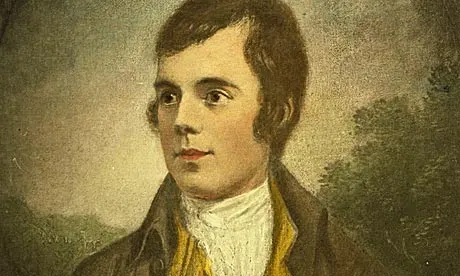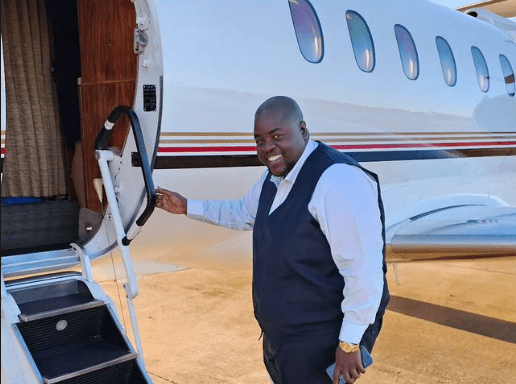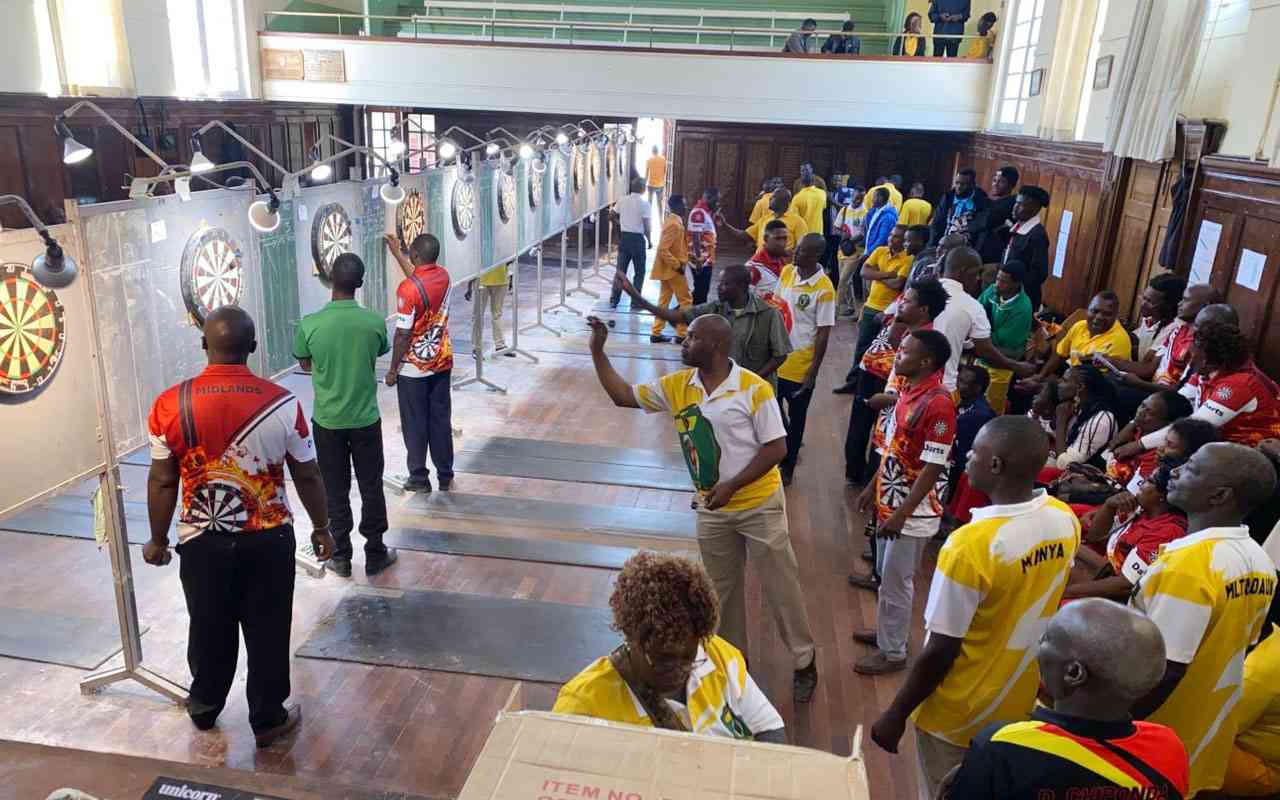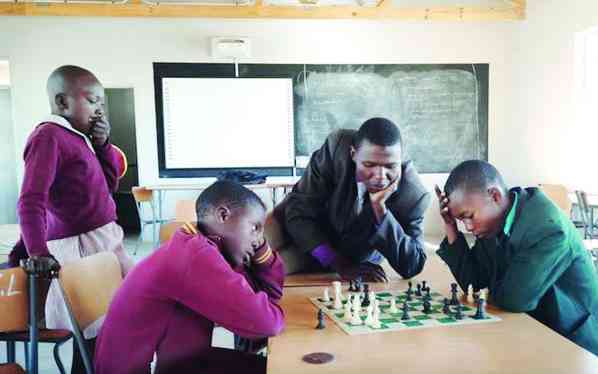
HAVE you ever wondered what Snoop Dogg, Rabbie Burns and Rudyard Kipling have in common? Furthermore, have we ever realised what significance they have with regard to sport?
None of them are known for their sporting prowess yet all have had a bigger following than the majority of sportsmen, while the lessons they can teach have deep relevance to the sporting world into which we are introducing our children.
Rabbie Burns, not a footballer but an eighteenth-century Scottish poet, died at the age of thirty-seven with ten thousand people lining the streets for his funeral; indeed in 2009 he was chosen as the greatest Scot by the Scottish public in a vote run by Scottish television.
His poem ‘Auld Lang Syne’ is sung all round the world as people welcome in a New Year while he is also known for his poems ‘Ode to a Haggis’ and ‘To a Mouse’, the latter of which includes the lines “The best laid schemes o’ mice and men gang aft agley and lea’e us nought but grief and pain”.
How often in sport, players have great plans and dreams to conquer the world yet all too often they let us down and only bring misery. As part of life and the pursuit of success, we have to learn how to handle failure.
Rudyard Kipling was an English novelist, short-story writer, poet, and journalist whose most well-known works include ‘The Jungle Book’, the ‘Just So Stories’ and the poem ‘If’. The latter poem cites numerous contrasting situations through which our character will be revealed; it includes the lines
“If you can meet with triumph and disaster and treat those two imposters the same” (which in our modern sporting terms refers to winning and losing, to success and failure), then we will be judged not to be a success (as we desperately seem to want to be considered) but to be a man – a true man, a man worthy of recognition, respect and renown.
If we can do all that he narrates, then “Yours is the earth and everything that’s in it, And which is more, you’ll be a Man, my Son”. Sport, like life, is about being a man, not a success. When will our children learn that?
- Come Into My Life singer Joyce Sims dies
- School of Sport: If at first, you do succeed…
- School of sport: BEING MEN
Keep Reading
In modern life, Snoop Dogg would doubtless be considered a success, when his wealth and influence as a rapper and the epitome of hip-hop are measured. Yet in a different moment he once admitted that “I used to get stressed out all the time when I thought winning was important. I wanted to try to win and help my kids win. Once I figured out it wasn't about winning or losing, it was about teaching these kids about being men, that's when I started to relax.”
How much good we would do if we as sports coaches and parents of sporting children could figure it out for ourselves, once and for all, and realise that school sport is “about teaching these kids about being men”.
Of course, here in Zimbabwe, we have our own culture, honed through years of adversity, of sudden and disastrous change. We know that if things do not go well or as we have planned (if things “gang aft agley”, as Rabbie Burns pronounced) then we can always make a plan; we will make a plan.
Where better a place to teach that but on our school sports fields? But the plan we make must be the one that Snoop Dogg figured out and which Kipling spelt out. It is not that we must be a success; we must strive to be men. That is the message we must teach to our children. It is about incorporating into our lives all those qualities that Kipling wrote about, even on the sports field.
So, relax, along with Snoop Dogg. Being a man ourselves, as opposed to a success, will enable us to do that, and being a man is what we are called to produce in our children. They can be men whether they win or lose.
They can be men when they see things in perspective, including sports result. If we do not - if we push for the win and only find the loss – sure as anything it will leave them with nothing but grief and pain, as Burns noted. We teach these children to be men through winning and losing — the sporting result is not important but the personal result is.
It is not a matter of being a man or a mouse; plans of both can go wrong. However, we need not be fearful, timid or unsure, like a mouse, in our approach to sport and life. Being a success does not make us a man. Striving for success does not enable us to relax.
Treating every scenario with dignity, humility, respect and calm will lead us to that point. Poets have learned that; rappers have learned that; authors have learned that. When will coaches and parents learn that?










